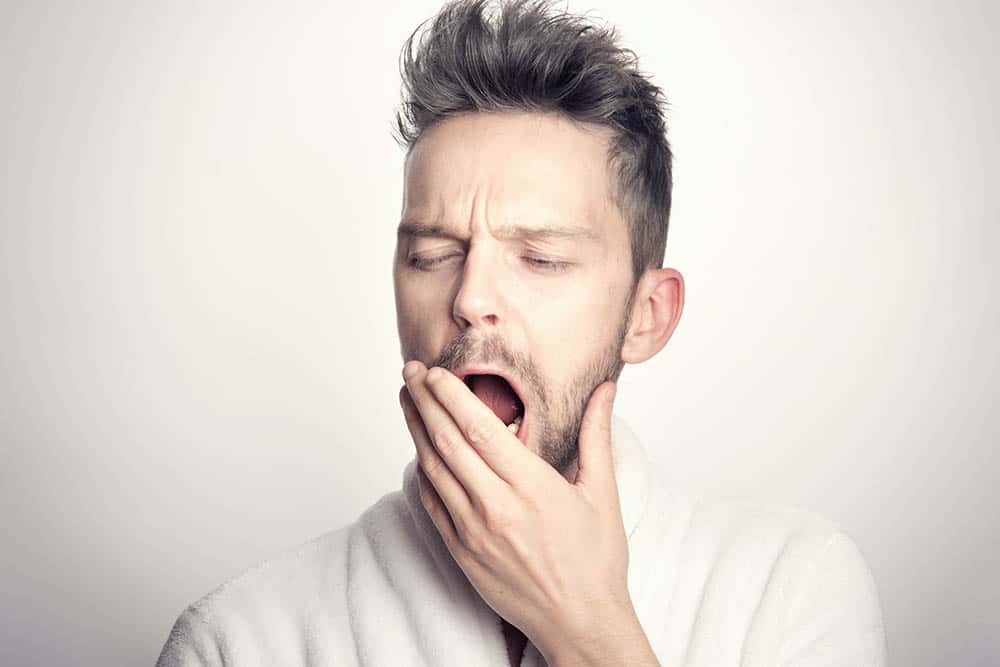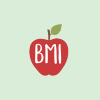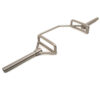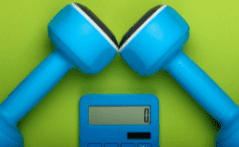Health
Tips for better sleep
Lack of sleep negatively affects concentration, motor skills and mood. It has also been linked to increased risk of a range of health conditions, such as heart disease.
Poor quality sleep can make it difficult for people to function properly in every day life. For example, their productivity at work may decline or they may feel increased levels of stress or irritability.
In fact, numerous studies have shown that sleep deprivation can have worse impacts on driving ability than excess alcohol consumption (i.e. ‘drink driving’).
Insufficient or poor quality sleep over an extended period of time can have a negative impact on both physical and mental health.
To help you get the quality sleep you need, we compiled our top tips for better sleep.
Get the right amount of sleep
For most adults, 7 to 8 hours of sleep is the optimal amount.
Our sleep requirements change as we age. Children need more sleep, whilst older adults tend to sleep less.
For example, for newborn babies (0 to 3 months of age), it is recommended that they get 14 to 17 hours of sleep each day (24 hour period). For teenagers (14 to 17 years of age), it is recommended that they get 8 to 10 hours of sleep each evening.
For more aged-based sleep recommendations, see the Sleep Health Foundation website.
Establish and stick to a sleep routine
Establishing a sleep routine can be beneficial for adults and children alike.
Family and work commitments allowing, try to be consistent with the time that you lay down to sleep each evening.
Unless you are a new parent or a shift worker working irregular hours, try to avoid frequent or long naps during the day. If you do nap, try to limit the duration to about 20 minutes, so that your evening sleep is not disrupted too much.
Wind down for bed
Try to relax before you go to bed.
You may find that establishing a ‘relaxation routine’ prior to bedtime is helpful.
For example, many people find that reading before bed relaxes them and helps with getting to sleep. Others find that a shower or bath before bed helps to get them in the zone for a good sleep. Find what works for you.
In the lead up to your bed time, try to avoid activities that require a lot of concentration or make you feel stressed.
It is best to limit or avoid ‘screen time’, such as watching television or browsing social media on your mobile device, in the hour or so before your bedtime.
Seeing the time on your clock or mobile device might make you feel anxious about trying to get to sleep. It can be helpful to face any clocks away from you or move them out of sight. You might also consider putting your mobile device out of sight and reach.
Create a sleep-friendly environment
Try to create a space that is conducive to getting a good night’s sleep.
The ideal sleep environment includes:
- a comfortable bed;
- bedding that’s appropriate for the local climate (e.g. cosy for winter in Canberra or light and airy for summer in Noosa);
- a dark room;
- a quiet environment; and
- a comfortable ambient (room) temperature.
Avoid stimulants before bed
Many people find it more difficult to get to sleep if they consume coffee or other stimulants shortly before bed.
It is best to avoid consuming stimulants close to your bed time, as this may make it harder for you to get to sleep.
Limit alcohol consumption for better quality sleep
While alcohol can make it easier to fall asleep, it can also impact on the quality of sleep that you get.
Limiting alcohol consumption before bed will help you get a better night’s rest.
References
SleepFoundation.org: How Sleep Deprivation Affects Your Heart
The impact of sleep deprivation and alcohol on driving: a comparative study
Sleep Health Foundation: How much sleep do you really need?
Sleep Health Foundation: Ten Tips for a Good Night’s Sleep
Healthdirect Australia (Australian Government): Sleep
Article image credit: Sammy Williams, Unsplash.











